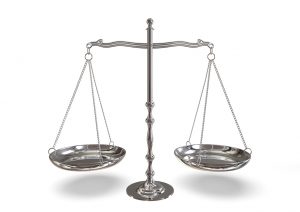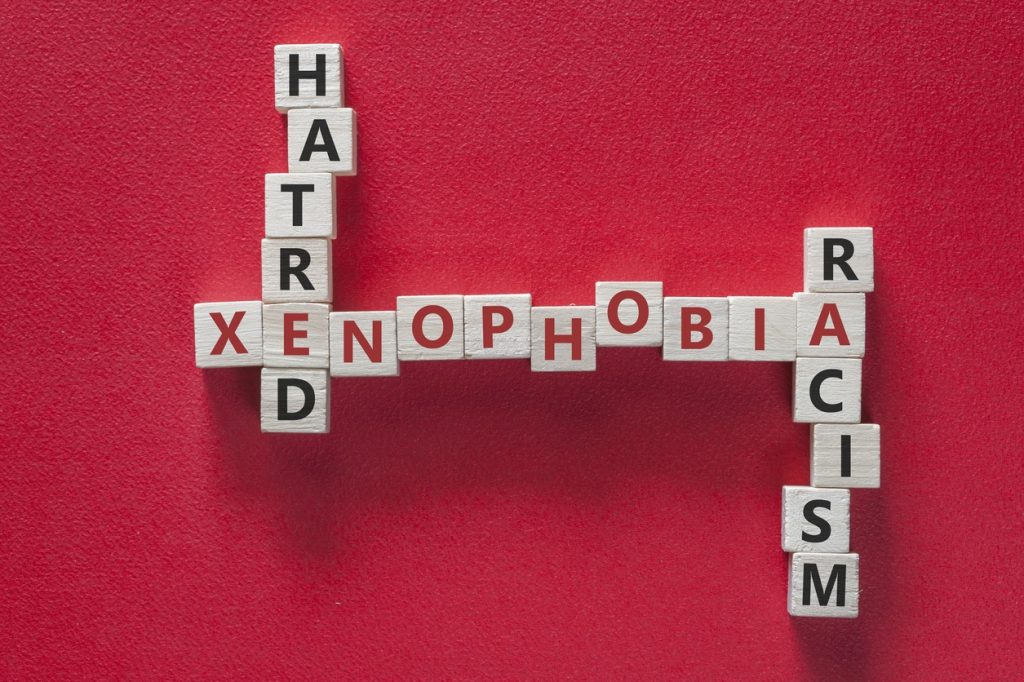The Eighth Circuit Court of Appeals decided earlier this year that, although an employee was subjected to “morally repulsive” comments — like being called a “camel jockey” and “sand ni**er” — he had not suffered a hostile work environment under Title VII of the 1964 Civil Rights Act.
The plaintiff recently filed an appeal with the U.S. Supreme Court.
The case is Abdel-Ghani v. Target Corporation, 686 Fed. Appx. 377 (8th Cir. May 5, 2017).
Background
Abdel-Ghani is a Palestinian immigrant who began working at Target in 2013. He alleges that a manager and other employees made inappropriate comments and called him things like:
- “go back home, go to your country;”
- “camel jockey;”
- “Arab;”
- “terrorist;”
- “sand ni**er;”
- “you should be rounded up in one place and nuked”
Target alleges that it fired Abdel-Ghani a couple of months after he was hired because he acted unprofessionally toward customers and other employees.
The district court granted summary judgment (meaning it dismissed the case) in favor of Target. Then the plaintiff appealed this decision to the federal 8th Circuit Court of Appeals.
 Legal standard for hostile work environment claims
Legal standard for hostile work environment claims
To prove a hostile work environment claim, an employee must show that the underlying acts were severe or pervasive. A single act of severe harassment, such as a sexual assault, is actionable under Title VII of the Civil Rights Act. The acts, however, must be based the employee’s protected characteristic (for example, gender, race, national origin, religion, disability).
Petty slights and generally rude behavior will not rise to the level of an unlawful hostile work environment.
To determine whether harassment violates Title VII, courts consider the following factors:
- the frequency of the discriminatory conduct;
- its severity;
- whether it is physically threatening or humiliating, or a mere offensive utterance; and
- whether it unreasonably interferes with an employee’s work performance.
The employer may automatically be liable if a supervisor harasses an employee that causes an adverse action like termination, lost wages, or a suspension.
If a supervisor creates a hostile work environment for an employee, then the employer will escape liability only if it can prove:
- it reasonably tried to prevent and promptly correct the harassing behavior; and
- the employee unreasonably failed to take advantage of any preventive or corrective opportunities offered by the employer
If a non-supervisory employee harasses another employee, then the employer will be liable for the harassment if the employer knew, or should have known, about the hostile work environment and failed to promptly correct it.
The court’s decision
The 8th Circuit found that Abdel-Ghani had not proved a hostile work environment existed as defined by Title VII.
Some of the approximately ten comments Abdel-Ghani heard in Target’s backroom may have been ‘morally repulsive,’ but they were not physically threatening.
According to the 8th Circuit, “the one physically threatening comment he overheard (referencing being nuked) was not said directly to him.” And the plaintiff also did not show that the comments interfered with his ability to do his job. As a result, the 8th Circuit concluded that “the record does not show he was subjected to a hostile work environment.”
Takeaways
- This case appears to diverge from other federal court decisions, some of which have found that a single use of the word “ni**er” could establish a hostile work environment. If a split exists among federal appellate courts, the U.S. Supreme Court is more likely to accept a case on appeal. In August 2017, Abdel-Ghani filed a petition to hear the case with the U.S. Supreme Court.
- The claims in Abdel-Ghani’s case involve national origin discrimination, which are related to race discrimination claims but are also a separate cause of action.
- Had Abdel-Ghani been subjected to harassment by his supervisor that resulted in an adverse employment action (for example, demotion or termination), then his employer could have been automatically liable for the discrimination.
 Hiring an experienced employment discrimination lawyer
Hiring an experienced employment discrimination lawyer
Hiring a proven and effective advocate is critical to obtaining the maximum recovery in an employment discrimination case. Eric Bachman, Chair of the Firm’s Discrimination Practice, has substantial experience litigating precedent-setting individual and class action discrimination cases. His wins include a $100 million settlement in a disparate impact Title VII class action and a $16 million class action settlement against a major grocery chain. Having served as Special Litigation Counsel in the Civil Rights Division of the Department of Justice and as lead or co-counsel in numerous jury trials, Bachman is trial-tested and ready to fight for you to obtain the relief that you deserve.
Bachman writes frequently on topics related to promotion discrimination, harassment, and other employment discrimination issues at the Glass Ceiling Discrimination Blog.
U.S. News and Best Lawyers® have named Zuckerman Law a Tier 1 firm in Litigation – Labor and Employment in the Washington DC metropolitan area. Contact us today to find out how we can help you. To schedule a preliminary consultation, click here or call us at 202-262-8959 or (202) 769-1681.
